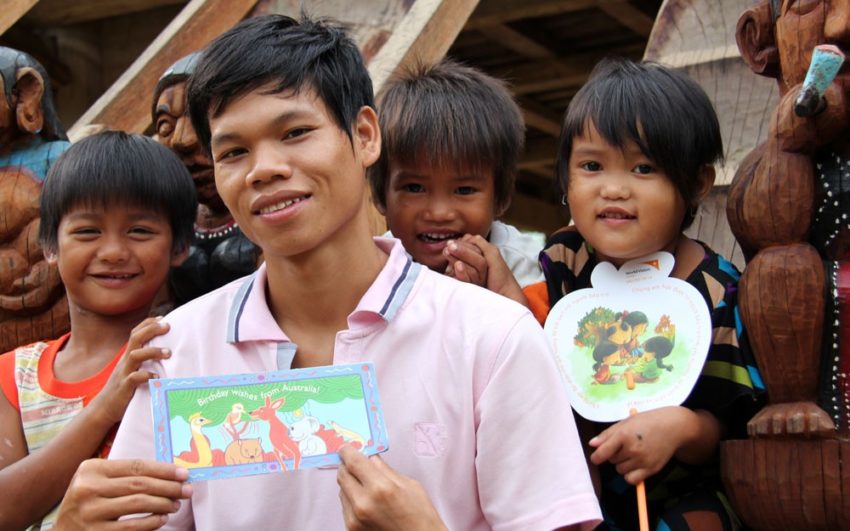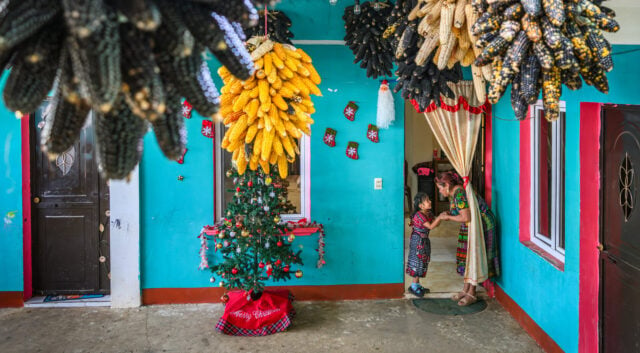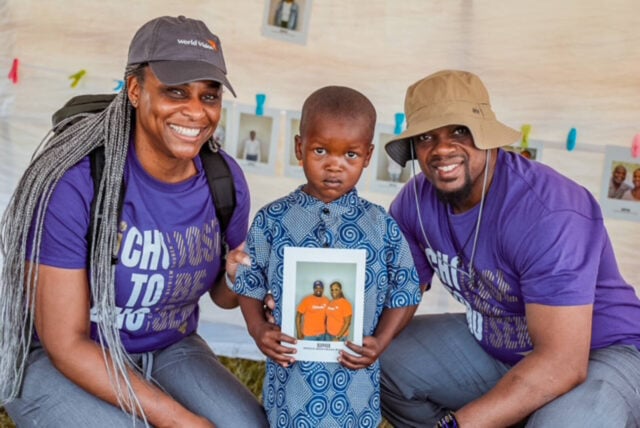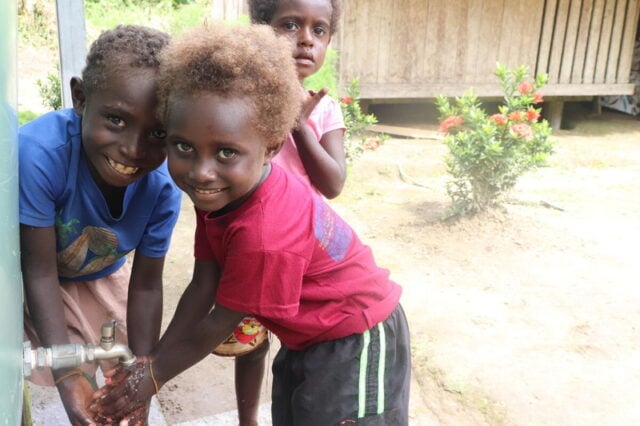As a recent graduate of Quang Nam Forestry College in central Vietnam, Ating Ai, 22, speaks with passion about protecting woodlands and the natural environment.
His enthusiasm is not just a reflection of his academic studies. It arises out of the painful firsthand experience of slash-and-burn farming techniques that kept his family desperately poor.
As a child, Ai camped out with his family on their plots of land in the hills around their home in the Dong Giang district of Quang Nam province.
“They cut trees in deep forests and burned them to plant more upland rice,” he recalls. “Unintentionally, they destroyed their forests and caused soil erosion.”
The primitive farming methods led to ever-dwindling harvests. Although Ai’s father could sometimes supplement the family’s diet by trapping wild animals, they went hungry for three or four months every year.
To make matters worse, the desperate quest for food persuaded Ai’s parents to have their children work in the fields rather than go to school.
None of Ai’s three elder sisters completed more than two years of elementary education. For a long time, it looked as though Ai might never enter a classroom at all.
Seed of hope
The establishment of a World Vision development program brought dramatic changes for Ai, his family, and their community.
Ai was among the first children in his village to become a World Vision sponsored child.
One of the immediate benefits was that Ai began receiving support to attend school at the ripe age of 9.
“I would have [remained] illiterate if my parents were not encouraged by teachers to send me to school when World Vision came to my village,” he says. “I still remember how joyful I was when I first came to my first class — although most of my classmates were several years younger than I.”
One of Ai’s most vivid childhood memories is running home to show his parents his certificate of merit after a stellar performance in his first year in school.
Further encouragement came from Ai’s Australian sponsor.
Ai still keeps and treasures the first letter he received from her. It was a card for his birthday — something that had never been celebrated before. The card was the first piece of correspondence Ai had received in his life.
“I still remember the strange joy when, for the first time in my life, I held in my hands such a beautiful greeting card,” he says.
Things began changing for Ai’s mom and dad, too. The World Vision development program taught local farmers improved agricultural techniques and animal husbandry.
As their agricultural yields grew and their fortunes improved, the family began raising cows and growing acacia trees to supply wood chips for the papermaking industry.
World Vision also supported villagers to set up a traditional community house is used for community meetings, harvest festival celebrations, and a place for children to play.
Ai helped carve and color designs on the building’s wooden beams.
“My favorite subject at school was arts. It helped me a lot to give a helping handing hand in decorating the house,” he says.
Future growth
Ai’s mother died of liver cancer when he was 14; three years later Ai’s father succumbed to the same disease.
But by then, Ai had sufficient resources to finish school and go on to higher education. As a college graduate, he hopes to secure a position as a forest ranger, preferably serving the community where he grew up.
Ai’s life experiences have given him a profound respect for those who reach out to help others.
As a child, he wanted to become a soldier because he often saw them abandon their guard duties to help with the rice harvest or repair villagers’ homes.
“I still keep those caring images in my heart,” he says.
Now, he hopes many more children like him will find sponsors.
“I learned from my parents’ farm that plants grow strong from fertile soil,” he says. “I experienced through my life that my sponsor’s love and care fertilized my hope to shoot up to a brighter future.”




